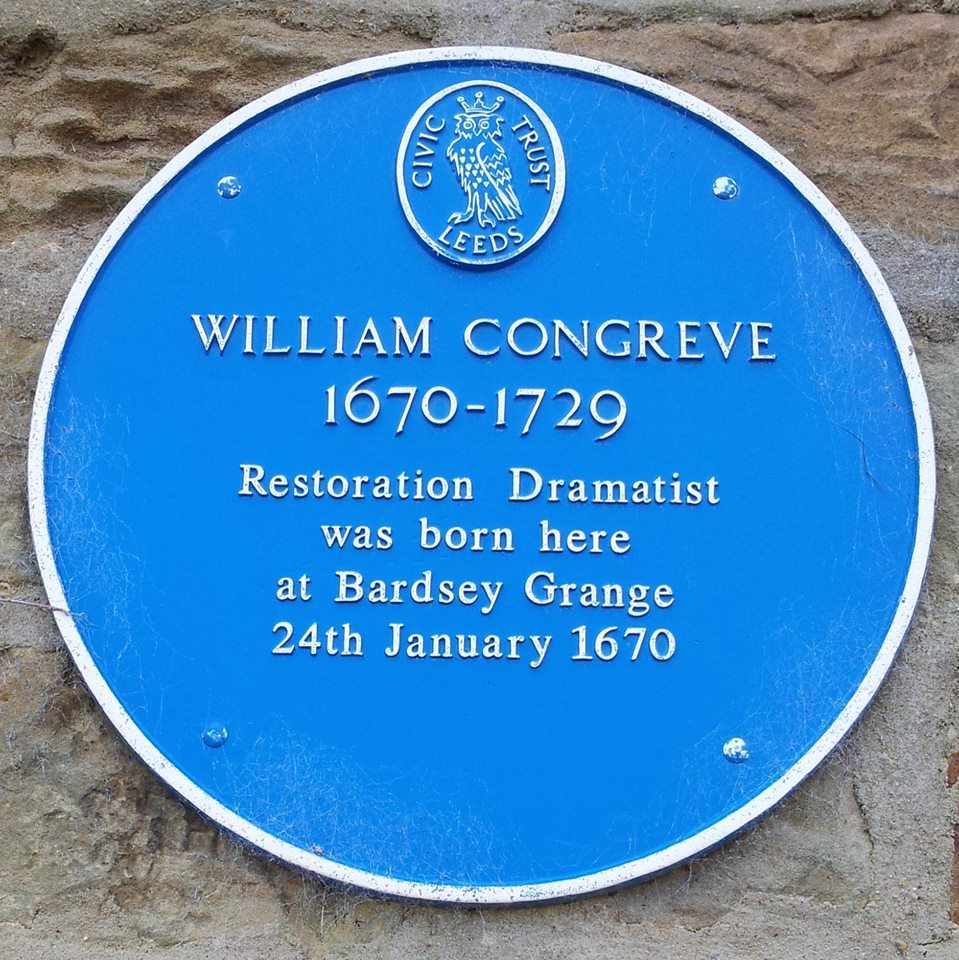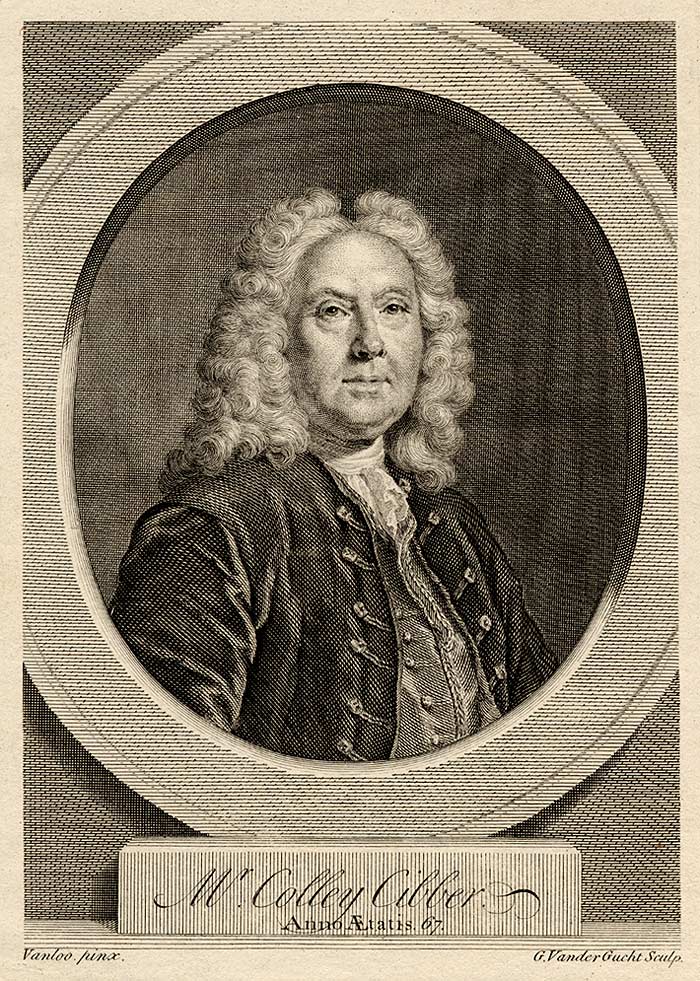|
Sarah Gardner
Mrs Gardner or Sarah Cheney (fl. 1763–1795) was a British comedic actress and playwright. Life Sarah Cheney first came to notice when she appeared at the Drury Lane Theatre in October 1763 in a play by William Congreve. She worked regularly, commanding two pounds a week, and, in 1765, she appeared in the first performance of Samuel Foote's play, ''The Commissary'', at the Haymarket Theatre. That year, she met the actor William Gardner and they were married. The new couple took up roles in Foote's ''Company of Comedians''. In the autumn, she was appearing as ''Mrs Gardner'' in the title role of ''Polly Honeycombe'' at Covent Garden with her new husband. Gardner moved in with Foote, as his housekeeper, at some point. In the eleven years from 1766 to 1777, she appeared in comic roles for Foote but she had her best success in summer roles at the Haymarket, including The Nabob ''The Nabob'' is a comedy play, a satire, by the English writer Samuel Foote. It was first performed ... [...More Info...] [...Related Items...] OR: [Wikipedia] [Google] [Baidu] |
Lady Macbeth
Lady Macbeth is a leading character in William Shakespeare's tragedy ''Macbeth'' (). As the wife of the play's tragic hero, Macbeth (a Scottish nobleman), Lady Macbeth goads her husband into committing regicide, after which she becomes queen of Scotland. Some regard her as becoming more powerful than Macbeth when she does this, because she is able to manipulate him into doing what she wants. After Macbeth becomes a murderous tyrant, she is driven to madness by guilt over their crimes and kills herself offstage. Lady Macbeth is a powerful presence in the play, most notably in the first two acts. Following the murder of King Duncan, however, her role in the plot diminishes. She becomes an uninvolved spectator to Macbeth's plotting and a nervous hostess at a banquet dominated by her husband's hallucinations. Her sleepwalking scene in the fifth act is a turning point in the play, and her line "Out, damned spot!" has become a phrase familiar to many speakers of the English langu ... [...More Info...] [...Related Items...] OR: [Wikipedia] [Google] [Baidu] |
United Kingdom
The United Kingdom of Great Britain and Northern Ireland, commonly known as the United Kingdom (UK) or Britain, is a country in Northwestern Europe, off the coast of European mainland, the continental mainland. It comprises England, Scotland, Wales and Northern Ireland. The UK includes the island of Great Britain, the north-eastern part of the island of Ireland, and most of List of islands of the United Kingdom, the smaller islands within the British Isles, covering . Northern Ireland shares Republic of Ireland–United Kingdom border, a land border with the Republic of Ireland; otherwise, the UK is surrounded by the Atlantic Ocean, the North Sea, the English Channel, the Celtic Sea and the Irish Sea. It maintains sovereignty over the British Overseas Territories, which are located across various oceans and seas globally. The UK had an estimated population of over 68.2 million people in 2023. The capital and largest city of both England and the UK is London. The cities o ... [...More Info...] [...Related Items...] OR: [Wikipedia] [Google] [Baidu] |
Floruit
''Floruit'' ( ; usually abbreviated fl. or occasionally flor.; from Latin for 'flourished') denotes a date or period during which a person was known to have been alive or active. In English, the unabbreviated word may also be used as a noun indicating the time when someone flourished. Etymology and use is the third-person singular perfect active indicative of the Latin verb ', ' "to bloom, flower, or flourish", from the noun ', ', "flower". Broadly, the term is employed in reference to the peak of activity for a person or movement. More specifically, it often is used in genealogy and historical writing when a person's birth or death dates are unknown, but some other evidence exists that indicates when they were alive. For example, if there are Will (law), wills Attestation clause, attested by John Jones in 1204 and 1229, as well as a record of his marriage in 1197, a record concerning him might be written as "John Jones (fl. 1197–1229)", even though Jones was born before ... [...More Info...] [...Related Items...] OR: [Wikipedia] [Google] [Baidu] |
Theatre Royal, Drury Lane
The Theatre Royal, Drury Lane, commonly known as Drury Lane, is a West End theatre and listed building, Grade I listed building in Covent Garden, London, England. The building faces Catherine Street (earlier named Bridges or Brydges Street) and backs onto Drury Lane. The present building, opened in 1812, is the most recent of four theatres that stood at the location since 1663, making it the oldest theatre site in London still in use. According to the author Peter Thomson, for its first two centuries, Drury Lane could "reasonably have claimed to be London's leading theatre". For most of that time, it was one of a handful of patent theatres, granted monopoly rights to the production of Legitimate theater, "legitimate" drama English drama, in London (meaning spoken plays, rather than opera, dance, concerts, or plays with music). The first theatre on the site was built at the behest of Thomas Killigrew in the early 1660s, when theatres were allowed to reopen during the Stuart Rest ... [...More Info...] [...Related Items...] OR: [Wikipedia] [Google] [Baidu] |
William Congreve
William Congreve (24 January 1670 – 19 January 1729) was an English playwright, satirist, poet, and Whig politician. He spent most of his career between London and Dublin, and was noted for his highly polished style of writing, being regarded by critics as one of the most important dramatists of the early Georgian era. He wrote some of the most popular poems of the 17th century, and is credited with developing the satirical comedy of manners genre. His plays and poems, which formed a major part of Restoration literature, were favorably viewed for their use of satire and comedy. Congreve is remembered for his play '' The Way of the World'' (1700), which is considered by literary commentators to be one of the centerpieces of Restoration comedy literature. Congreve also wrote several other notable plays, including '' The Old Bachelor'' (1693), '' The Double Dealer'' (1693), '' Love for Love'' (1695), and '' The Mourning Bride'' (1697), all of which helped establish him as a gr ... [...More Info...] [...Related Items...] OR: [Wikipedia] [Google] [Baidu] |
Samuel Foote
Samuel Foote (January 1720 – 21 October 1777) was a Cornish dramatist, actor and Actor-manager, theatre manager. He was known for his comedic acting and writing, and for turning the loss of a leg in a riding accident in 1766 to comedic opportunity. Early life Born into a well-to-do family,Hartnoll, p. 290. Foote was Baptism, baptised in Truro, Cornwall, on 27 January 1720.Britannica. His father, Samuel Foote, held several public positions, including mayor of Truro, British House of Commons, Member of Parliament representing Tiverton, Devon, Tiverton and a commissioner in the Prize Office. His mother, née Eleanor Goodere, was the daughter of Sir Edward Goodere, 1st Baronet, Sir Edward Goodere Baronet of Hereford.Murphy, p. 1104. Foote may have inherited his wit and sharp humour from her and her family which was described as "eccentric ... whose peculiarities ranged from the harmless to the malevolent."Howard, p. 131. About the time Foote came of age, he inherited his first fo ... [...More Info...] [...Related Items...] OR: [Wikipedia] [Google] [Baidu] |
Haymarket Theatre
The Theatre Royal Haymarket (also known as Haymarket Theatre or the Little Theatre) is a West End theatre in Haymarket, London, Haymarket in the City of Westminster which dates back to 1720, making it the third-oldest London playhouse still in use. Samuel Foote acquired the lease in 1747, and in 1766 he gained a patent theatre, royal patent to play legitimate drama (meaning spoken drama, as opposed to opera, concerts or plays with music) in the summer months. The original building was a little further north in the same street. It has been at its current location since 1821, when it was redesigned by John Nash (architect), John Nash. It is a Grade I listed building, with a seating capacity of 888. The freehold of the theatre is owned by the Crown Estate. The Haymarket has been the site of a significant innovation in theatre. In 1873, it was the venue for the first scheduled matinée performance, establishing a custom soon followed in theatres everywhere. Its managers have includ ... [...More Info...] [...Related Items...] OR: [Wikipedia] [Google] [Baidu] |
The Nabob
''The Nabob'' is a comedy play, a satire, by the English writer Samuel Foote. It was first performed at the Haymarket Theatre on 29 June 1772. The first interpretation of the role of ''Mrs Matchem'' was made by Mrs Gardner. Isaac Reed, by profession a lawyer, journalist, editor, and biographer, saw The Nabob performed four times, first in 1772, twice in 1774, and then again in 1781. A wealthy nabob A nabob is a conspicuously wealthy man deriving his fortune in the east, especially in India during the 18th century with the privately held East India Company. Etymology ''Nabob'' is an Anglo-Indian term that came to English from Urdu, poss ... Sir Matthew Mite returns to England from India and tries to buy his way into British political system. He hoped to use his Bengal loot to marry into an ancient family (demanded the hand of John Oldham's daughter) and corruptly buy election to Parliament for the constituency of Bribe 'em. At one point in the play, Mite's assistant, Tou ... [...More Info...] [...Related Items...] OR: [Wikipedia] [Google] [Baidu] |
English Women Dramatists And Playwrights
English usually refers to: * English language * English people English may also refer to: Culture, language and peoples * ''English'', an adjective for something of, from, or related to England * ''English'', an Amish term for non-Amish, regardless of ethnicity * English studies, the study of English language and literature Media * ''English'' (2013 film), a Malayalam-language film * ''English'' (novel), a Chinese book by Wang Gang ** ''English'' (2018 film), a Chinese adaptation * ''The English'' (TV series), a 2022 Western-genre miniseries * ''English'' (play), a 2022 play by Sanaz Toossi People and fictional characters * English (surname), a list of people and fictional characters * English Fisher (1928–2011), American boxing coach * English Gardner (born 1992), American track and field sprinter * English McConnell (1882–1928), Irish footballer * Aiden English, a ring name of Matthew Rehwoldt (born 1987), American former professional wrestle ... [...More Info...] [...Related Items...] OR: [Wikipedia] [Google] [Baidu] |
18th-century English Actresses
The 18th century lasted from 1 January 1701 (represented by the Roman numerals MDCCI) to 31 December 1800 (MDCCC). During the 18th century, elements of Enlightenment thinking culminated in the Atlantic Revolutions. Revolutions began to challenge the legitimacy of monarchical and aristocratic power structures. The Industrial Revolution began mid-century, leading to radical changes in human society and the environment. The European colonization of the Americas and other parts of the world intensified and associated mass migrations of people grew in size as part of the Age of Sail. During the century, slave trading expanded across the shores of the Atlantic Ocean, while declining in Russia and China. Western historians have occasionally defined the 18th century otherwise for the purposes of their work. For example, the "short" 18th century may be defined as 1715–1789, denoting the period of time between the death of Louis XIV of France and the start of the French Revolut ... [...More Info...] [...Related Items...] OR: [Wikipedia] [Google] [Baidu] |



